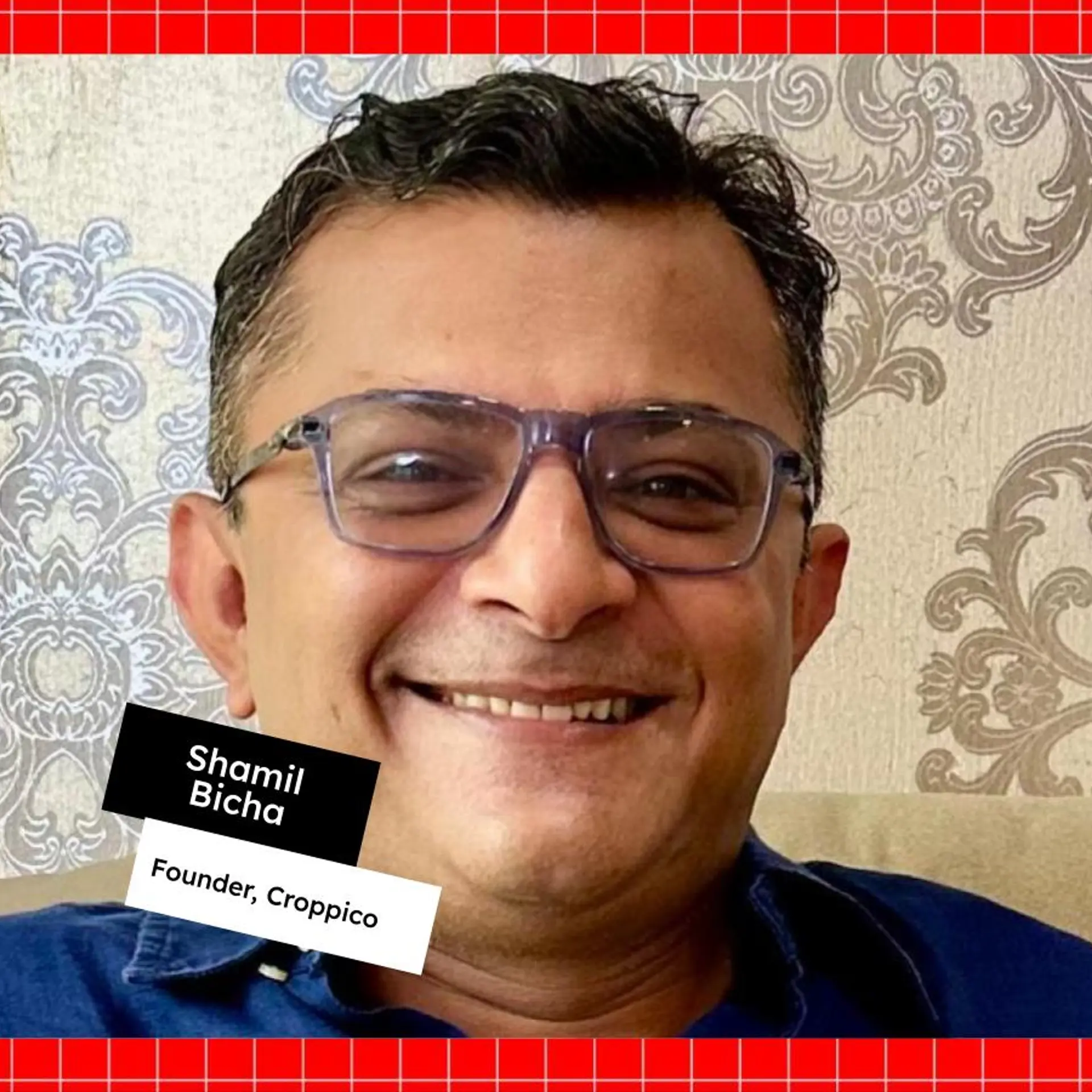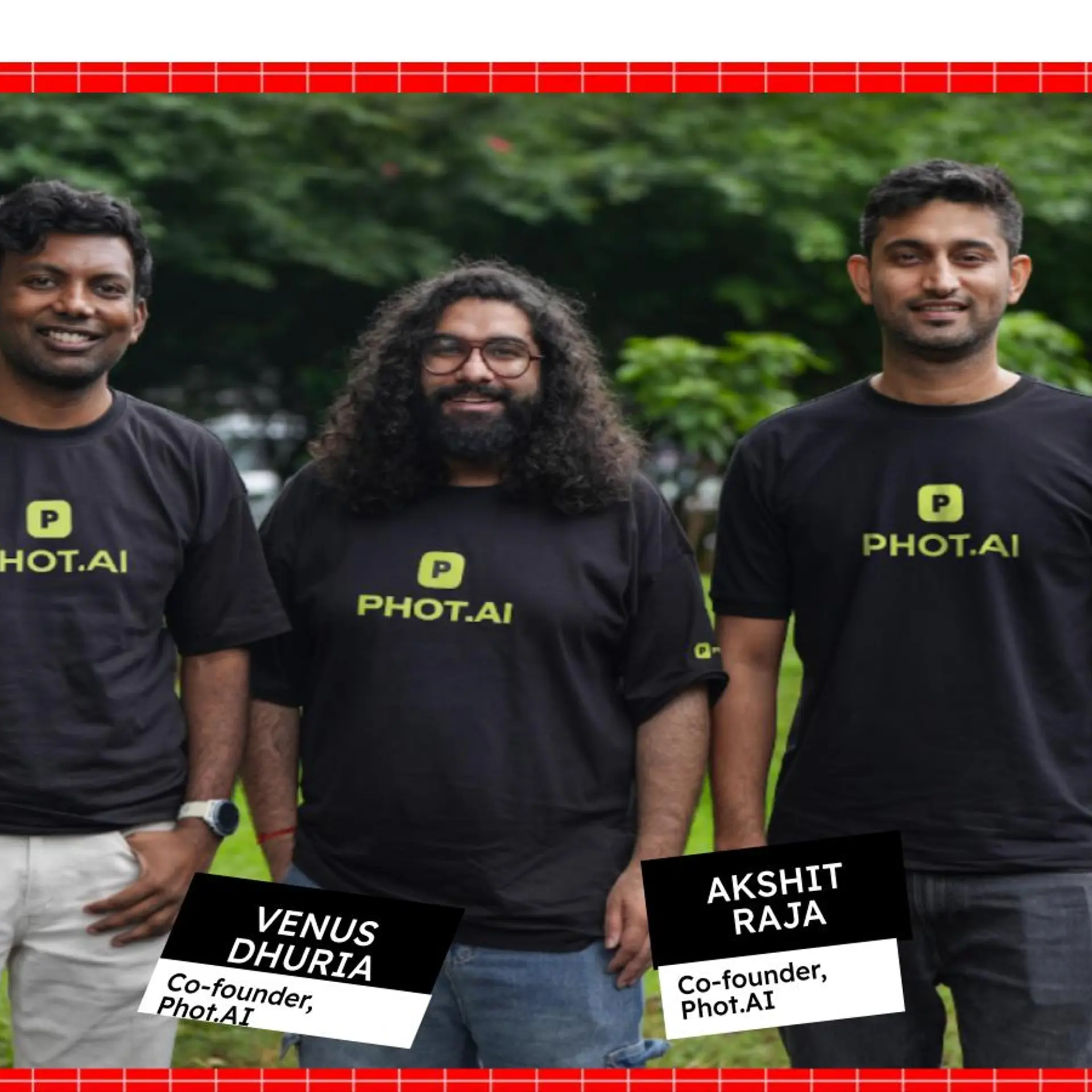The new way of teaching Lebanese Arabic is made in France
Hadi El-Khoury, trained in Telecom Engineering and Information Security, is a Cybersecurity Interpreter, Advisor, Auditor and Trainer. After launching his own business as an independent consultant and growth hacker, in 2012 with a team of six (Joseph El-Khoury, Antoine Fleyfel, Pascale Aoudé, Rawad Rahmé, and Tony Asmar apart from himself) he launched Keefak, a mobile application that teaches the Lebanese/Levantine dialect of Arabic.

“My main focus is to coach my customers and to help them speak security in the language of business. So, somehow, there's a common thread of ‘language’ translation in everything I do,” he smiles.
As for Keefak, Hadi explains that,
It allows for French, English, Spanish and Brazilian Portuguese translation into Lebanese, and it works through phonetic transliteration with no need to know the Arabic script. For example, Keefak is the translation of ‘How are you?’ and is written in Latin letters.
From a tool for Lebanese diaspora to a ‘language passport’ for expats in the Middle East
Initially, the app was thought to be for the Lebanese diaspora. “We developed Keefak as a solution to a dire need felt by Lebanese abroad, like myself, to preserve and transmit our dialect to our children and companions. I had the idea when my first daughter was born in 2009. The project was then brought to life in 2012 thanks to a great team,” says Hadi.
However, he continues, Keefak soon started being circulated among a much broader user base: “Along the way, we discovered that Keefak is used as a ‘language passport’ by foreign expats working in the Middle East. We have a lot of American, European and South Asian testimonials showing how much Keefak helped them integrate and enhance their career advancement in the GCC countries. In fact, Lebanese is a dialect largely understood in the Arab world.”
Hadi explains that since 2014 Keefak has been profitable, an achievement which did not require any external investment. “Keefak has always been bootstrapped and supported by the subscriptions of its ever growing worldwide users. We’ve had no external capital whatsoever” he says. Keefak, which now counts 70,000 users worldwide, is free with ads for Android, and a freemium model with paid in-app purchases is available for iOS and Windows.

France is the next big thing
Keefak is part of the international accelerating program organised by the UK Lebanon Tech Hub based in Beirut. Although the company is registered in Lebanon, Hadi lives and works in Paris, where he moved in 2000 to study. He argues that, “ ‘France is the next big thing’, as John Chambers, CEO of Cisco put it recently in the news. Entrepreneurship in France, mainly in the tech field, is highly encouraged and incentivised, as shown by the French Tech initiative for example.”
Hadi shares that the main challenge he is facing in Paris is rigidity in the way of running businesses. “Even if France has done a lot for entrepreneurship, the overall culture must evolve. People are still reluctant to launch a business on their own and take risks. Their attitude is still largely more complacent with employment than with entrepreneurship. A bit more positive thinking and we can move mountains. I think perseverance is the best approach,” he says.
The best of both worlds
Being tied to two countries is a very positive experience, according to Hadi. “The Paris-Beirut combination is a perfect one : Paris because ‘France is the next big thing’ with the very solid and innovative skill set of French engineers. Lebanon because of the high creativity, outstanding resilience and worldwide reach of its people, both residents and those abroad.”

The Lebanese nationality, which sets Hadi apart from the great majority of other entrepreneurs in France, has played a very positive role, as he explains, “Languages open doors and Keefak’s aim is solidly anchored in every Lebanese’s DNA, bringing Lebanese abroad a step closer to their home country and more broadly building bridges between cultures.”
Starting up abroad is an exciting experience according to Hadi, and to all those who are aspiring to do the same, he suggests:
Don’t complain, contribute! We’re living an extraordinary revolution at all levels, be part of it. Failure isn’t a fatality, it’s an incredible learning experience.







